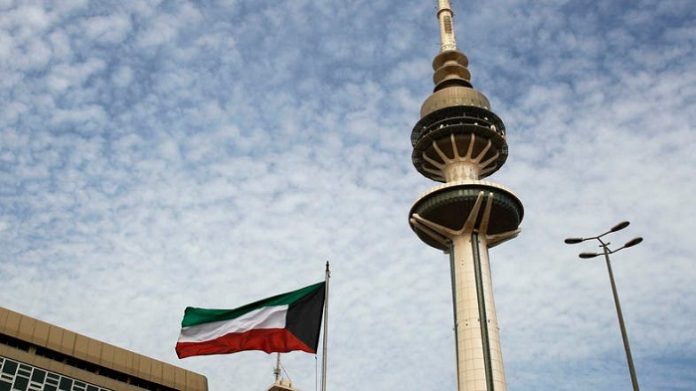With one more case reported on Sunday, the total number of those detected with COVID-19 infection in Kuwait reached 46, the second highest among the Gulf Cooperation Council (GCC) states, and only one below the 47 cases reported in Bahrain.
The Ministry of Health (MoH) confirmed that a Kuwaiti man returning from Iran was tested positive for the virus on Sunday and moved to quarantine facilities set up by the ministry. Early on Monday, the MoH added that a female customs official working at the Saad Al Abdullah Airport had shown symptoms similar to the disease and was referred to quarantine in her home. Globally, more than 89,000 cases of the infection have been reported from a total of 68 countries and territories around the world, with total casualties crossing the 3,000 mark on Sunday.
Although only four new coronavirus cases have been discovered in Kuwait over the past three days, the country has decided to step up measures to prevent the spread of the disease by imposing a total ban on all new visas with immediate effect. Most of the cases of COVID-19 infection discovered in Kuwait have been among citizens who visited Iran and returned on their own or were evacuated from that country.
In addition, citizens from the other five GCC states would have to produce their passports at border points rather than use their IDs to enter Kuwait, so that their travel itinerary in the last few weeks could be verified. Kuwait has also banned flights to and from several countries where the virus infection has spread rapidly, including Iran, Italy, Thailand and South Korea.
The country has also said people traveling from Egypt to Kuwait will be subjected to medical tests before boarding the plane to Kuwait as a precautionary measure amid rumors that Egypt has many cases of coronavirus but is not announcing them, an accusation that Egyptian authorities have denied. Through this decision, Egypt joins six other countries from where people have been denied entry. Residents of other countries with restricted entry include China, Iran, Iraq, Italy, South Korea and Thailand.
Meanwhile, the National Assembly cancelled a scheduled emergency meeting scheduled for Monday, 2 March, and National Assembly Speaker Marzouq Al-Ghanem said it was premature to decide if the ordinary session slated for 10 March would also be cancelled. Health officials have ordered that all waiters and cooks in all restaurants and cafes must wear face masks and gloves and that restaurants must provide sanitizers to customers.
As of Sunday, the new virus had claimed another 11 lives in Iran, bringing the country’s overall toll to 54. Testing across the country identified 385 new cases, taking the total tally of those infected to 978, a health official in Iran confirmed. Among GCC states only Saudi Arabia has so far managed to stay free of COVID-19, but the country has said it had prepared 25 hospitals to handle the virus infection if detected in the country. The kingdom has also banned the entry of pilgrims from other countries for the Umrah pilgrimage
The Ministry of Health in Bahrain also reported six new infection cases on Sunday, bringing the number of people infected with the virus to 47, the highest among GCC states. Qatar has confirmed two more cases of the coronavirus, according to the health ministry’s Twitter account, bringing the total number of confirmed cases to three. Meanwhile, the UAE has reported a total of 21 cases with five having recovered from the illness, and in Oman which reported six cases, one patient had recovered.

















